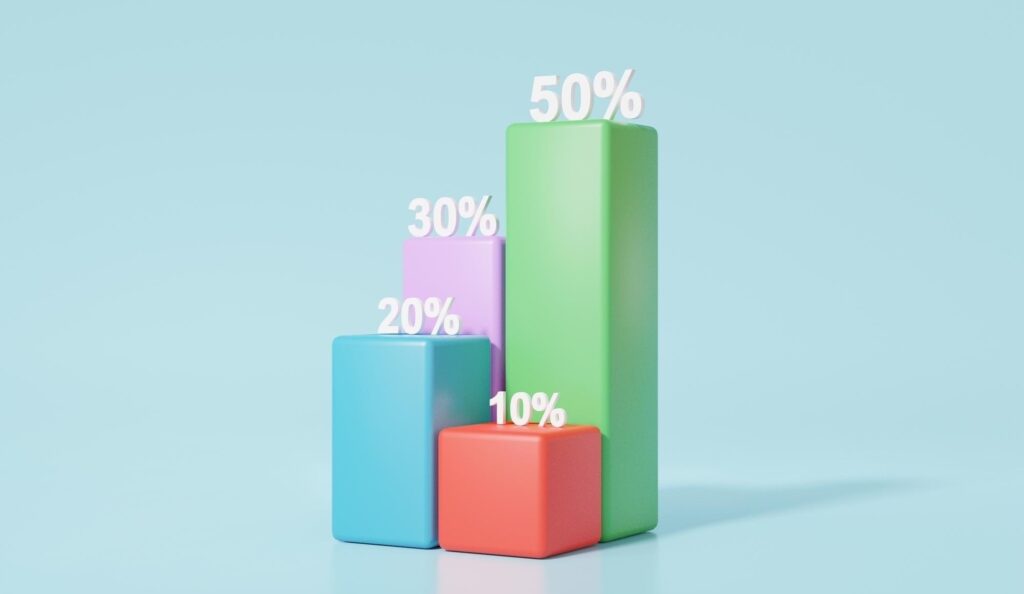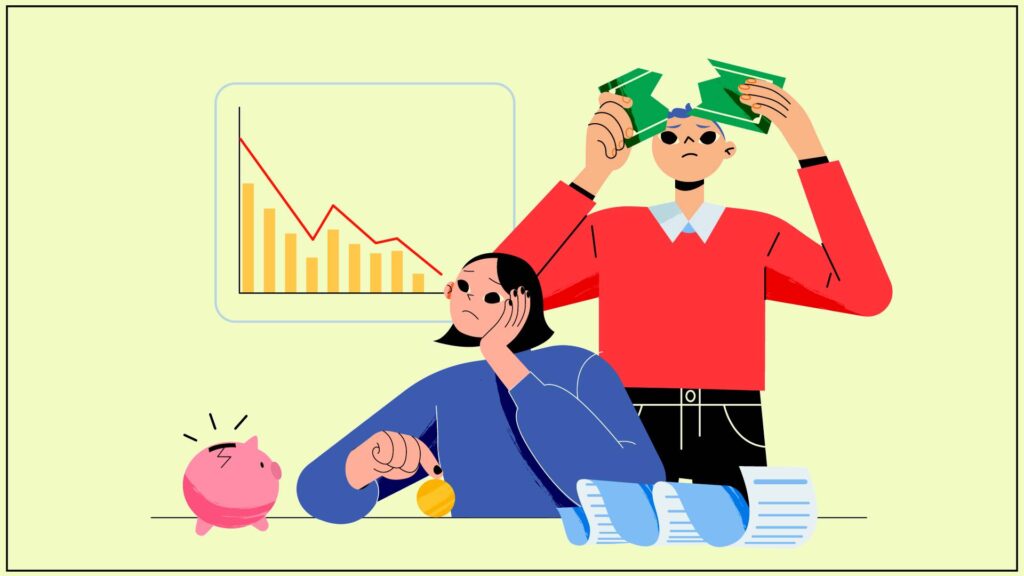According to some experts, investors who can afford to take a little extra risk can invest in Equity Savings funds to earn extra tax-efficient returns. We have seen many investors who put their surplus money in fixed deposits,” One should park the funds in an equity savings fund instead of a fixed deposit if one needs the funds after a year.
Equity Savings fund invests one-third of the corpus in pure equity which makes them less risky than balanced funds. Other one-third in arbitrage and one-third in fixed income. This scheme is thoroughly not parallel to fixed deposits, as with fixed deposits, you are promised your principal as well as interest, which is taxable. Equity savings funds are a traditional option for your equity investments; however, they can observe intermittent downfall in value.
Financial advisors & Market Experts have been always critical of keeping money in fixed deposits. The reason for the same is that the interest earned in a fixed deposit is unable to beat inflation. And it is also taxable. Due to these vital reasons, we recommend arbitrage funds or debt funds for three years.
Equity savings funds are better than debt funds over taxation as they are treated as equity funds for taxation. This states that short-term capital gains would be taxed at 15% if sold before a year. And if sold post a year, they are termed as long-term capital gains where tax is nil at present.
Balancing risk and return
Equity Savings Funds are hybrid mutual fund schemes, which invest in both debt and equity securities. Their focus is to balance the risk attached to various asset classes. Equity is a risky asset class but gives higher returns in the long term. Some investors are risk-takers, while others are risk-averse.
SEBI has devised a “Riskometer”, which can give investors a sense of the risk in each scheme– we encourage investors to refer to the scheme “Riskometer” before investing. Arbitrage funds are also considered equity funds for taxation, but they may offer a slightly lower return than equity savings funds.
An equity savings fund would give you around 9-10% of returns. Equity savings funds are less volatile and slight exposure to equity helps you to earn inflation beating returns. The major portion of the corpus is invested in arbitrage and debt which keeps the returns stable. One-third of the corpus is exposed to pure equity which helps to earn higher returns.
Major Advantages
▪ Reduced volatility
With this scheme, since over 50% of the funds are distributed between debt and arbitrage holdings, they offer more stable returns than pure equity holdings. To reduce volatility, fund managers prefer using various derivative strategies. Additionally, the arbitrage portion of the fund effectively capitalizes on the inconsistency in the prices of funds in different parts of the market. Thus, ESS is the perfect investment for those seeking stable returns.
▪ Tax efficiency
Since ESS is treated as equity funds for the purpose of taxation, the tax liability on this investment is reduced to quite an extent. If investors hold the funds for over 12 months, the returns from it below Rs. 1 Lakh are exempt from taxation. However, investors should remember that if they redeem their gains from this fund before 1 year of its completion, they will be taxed at 15%.
▪ Advantage of arbitrage
The arbitrage portion of these funds allows the most significant advantage as far as stable returns are concerned. Most fund houses are well versed in handling arbitrage that allows low-risk returns. Thus, these funds offer a perfect option to those looking for stable gains from their investments.
▪ Portfolio diversification
Top equity savings funds offer a diverse investment portfolio through a single investment channel. Thus, investors do not need to analyze the performance of different funds and select one that is best suitable for their needs. They can simply invest in ESS and let asset managers handle the selection of funds. However, investors should remember to hold these funds for more than 12 months, as early redemption from the scheme comes with an exit load charge of 1%.
MyFinopedia’s Expert Views
If you plan to invest for one year, don’t go beyond the ultra-short-duration fund. If you are planning to invest regularly with a time horizon of five years, then a tax-saving fund or a multi-cap fund will do the needful. If you are investing for ten years and you are able to withstand market declines without getting nervous, then opt for a combination of one multi-cap and a small-cap fund. Small caps can be extremely unnerving but reasonably rewarding over a long period of time.
Are Equity Savings Funds good alternatives for FDs
Why do you invest in Fixed Deposit?
We invest in FDs because we have surplus funds and we do not want to take risks. The problem with that approach is that FD returns on a post-tax inflation-adjusted basis are often negative, in other words, we are not creating wealth but diminishing it, in terms of purchasing power.
Consider an FD which pays a 6.25% interest rate to an investor in the 30% tax bracket. The post-tax return to the investor is 4.35% (after tax including 4% Cess); the inflation rate currently is over 5%. Clearly, the real return (inflation-adjusted return) is negative. To beat inflation, you need higher asset yields of equity. At the same time, you may not have the risk appetite associated with equity investments. This is where Equity Savings Funds can offer investment solutions. On average, over time, Equity Savings Mutual Funds can give inflation-beating returns to investors, while limiting downside risks.
Consider this scenario, where an Equity Savings Fund has one third in fixed income yielding 7 – 8% returns, one third in hedged equity/arbitrage yielding 6 – 7% returns, and one third in active equity. Even if the market falls 13 to 15% (assuming the equity portion of the fund falls in line with the market), the fund will not give negative returns. On the other hand, if the market rises 15 to 20%, the fund will give double-digit returns (assuming that the equity portion of the fund rises in line with the market). Purely from a risk-return trade-off perspective, therefore, Equity Savings Mutual Funds are good investment options for investors with moderately low to moderate risk capacities.
Tax Advantage and Conclusion
The major advantage of these funds is that they enjoy equity taxation. Equity fund taxation has been changed in this year’s budget. Short-term capital gains (investments held for less than 1 year) in equity and equity-oriented mutual funds are taxed at 15% plus Cess (4%). Long-term capital gains (investments held for less than 1 year) from April 1, 2018, onwards will be tax-exempt up to Rs 1 lakh; above Rs 1 lakh, long-term capital gains will be taxed at 10% plus Cess. Even after the re-introduction of long-term capital gains tax for equity, equity savings funds will continue to enjoy significant tax benefits compared to FDs.






